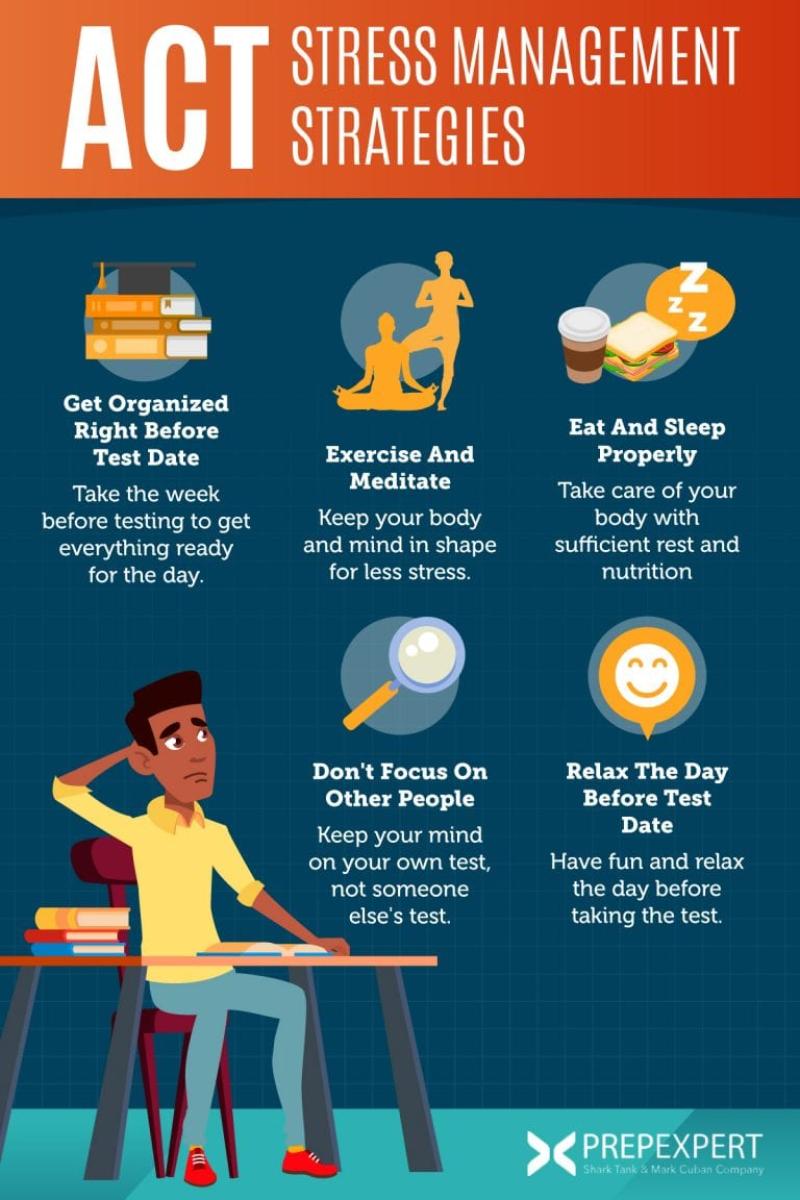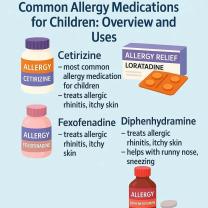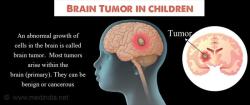What is treatment plan for stress management?
A treatment plan for stress management involves a comprehensive approach to address and alleviate stress-related symptoms. It typically includes various therapeutic approaches aimed at helping individuals cope with stress, enhance resilience, and improve overall well-being. Keep in mind that treatment plans can be tailored to an individual's specific needs and may involve a combination of the following therapeutic approaches:
Cognitive-Behavioral Therapy (CBT):
- Identify and challenge negative thought patterns.
- Develop coping strategies to change unhealthy behaviors.
- Learn relaxation techniques to manage physiological responses to stress.
Mindfulness-Based Stress Reduction (MBSR):
- Practice mindfulness meditation to increase awareness of the present moment.
- Cultivate a non-judgmental attitude toward thoughts and feelings.
- Incorporate mindful breathing and body scan exercises.
Relaxation Techniques:
- Deep breathing exercises.
- Progressive muscle relaxation.
- Guided imagery and visualization.
Biofeedback:
- Use electronic monitoring to provide information about physiological processes.
- Learn to control physiological functions, such as heart rate and muscle tension.
Time Management and Organization:
- Develop effective time management skills.
- Set realistic goals and priorities.
- Break tasks into manageable steps.
Physical Activity:
- Engage in regular exercise to promote overall well-being.
- Choose activities that are enjoyable and suit individual preferences.
Social Support:
- Strengthen connections with friends, family, and community.
- Share thoughts and feelings with trusted individuals.
- Build a support network for times of stress.
Problem-Solving Skills:
- Enhance problem-solving abilities to address stressors effectively.
- Break down problems into manageable parts.
- Generate and evaluate potential solutions.
Healthy Lifestyle Changes:
- Promote adequate sleep.
- Maintain a balanced diet.
- Limit caffeine and alcohol intake.
Psychoeducation:
- Provide information about the nature of stress and its effects.
- Teach coping skills and strategies.
- Raise awareness about the importance of self-care.
It's important to note that the effectiveness of a stress management treatment plan may vary from person to person. Collaborating with mental health professionals, such as psychologists, counselors, or therapists, can help tailor a plan to individual needs and monitor progress over time. Additionally, self-care practices and ongoing maintenance of stress management techniques are crucial for long-term well-being.
An effective stress management treatment plan typically involves a combination of lifestyle changes, relaxation techniques, and cognitive-behavioral therapy (CBT).
Lifestyle changes
Identify and manage stress triggers: Recognizing the situations, people, or thoughts that trigger your stress is crucial for managing your overall stress levels. Once you identify your triggers, you can develop strategies to avoid or manage them effectively.
Regular exercise: Physical activity is a natural stress reliever. Aim for at least 30 minutes of moderate-intensity exercise most days of the week. Exercise releases endorphins, which have mood-boosting effects.
Healthy diet: Eating a balanced and nutritious diet can help improve your overall health and well-being, making you more resilient to stress. Avoid excessive caffeine and alcohol, as these can worsen stress symptoms.
Sufficient sleep: When you're well-rested, you're better equipped to handle stress. Aim for 7-8 hours of quality sleep each night.
Relaxation techniques
Deep breathing: Deep, diaphragmatic breathing can help calm your mind and body, reducing stress and anxiety. Practice deep breathing exercises regularly, especially when you feel stressed.
Progressive muscle relaxation: This technique involves tensing and relaxing different muscle groups in your body, releasing tension and promoting relaxation.
Meditation: Mindfulness meditation involves focusing your attention on the present moment, without judgment. Regular meditation can help reduce stress, improve emotional regulation, and enhance self-awareness.
Yoga: Yoga combines physical postures, breathing exercises, and meditation, offering a holistic approach to stress management. Regular yoga practice can reduce stress, improve flexibility, and enhance overall well-being.
Cognitive-behavioral therapy (CBT)
CBT is a type of psychotherapy that focuses on identifying and modifying negative thoughts and behaviors that contribute to stress. CBT can help you:
- Identify and challenge distorted thinking patterns that exacerbate stress
- Develop more effective coping mechanisms for dealing with stressful situations
- Improve communication and problem-solving skills
- Enhance self-awareness and cultivate a more positive outlook
Commonly included strategies in stress management programs
Time management: Effective time management skills can help you reduce stress by preventing overwhelm and ensuring you complete tasks effectively.
Assertiveness training: Assertiveness training helps you communicate your needs and set boundaries in a respectful and direct manner, reducing stress from unresolved conflicts.
Problem-solving skills: Developing effective problem-solving skills can help you approach challenges in a structured and constructive way, reducing stress and increasing confidence in managing difficulties.
Social support: Building and maintaining strong social connections can provide a buffer against stress and offer support during difficult times.
Stress journaling: Keeping a stress journal can help you identify stress patterns, track progress, and develop coping strategies.
Remember, stress management is an ongoing process, and it may take time to find the strategies that work best for you. Be patient with yourself, and seek professional help if you're struggling to manage stress on your own.













